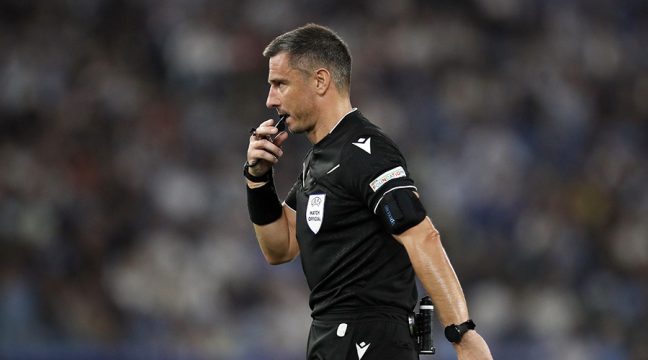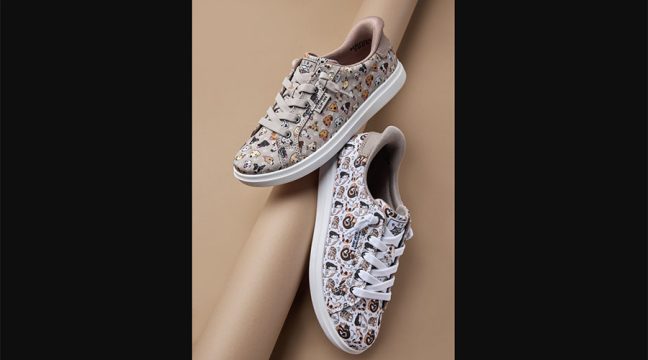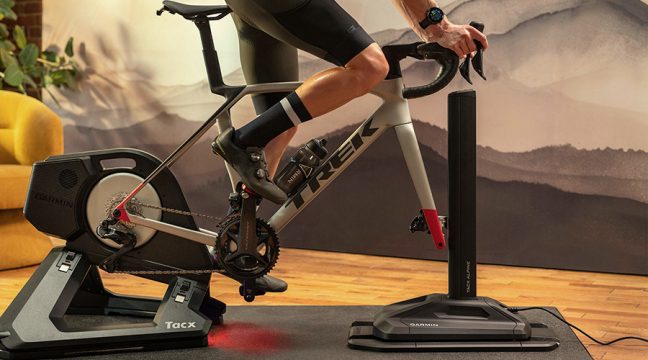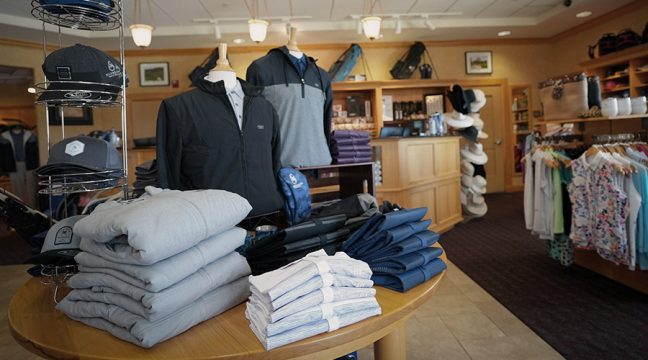By Jahla Seppanen
Retailers may see a bump in sales of insect repellant apparel and gear, as scares of the Zika virus ramp up with spring/summer travel and the 2016 Summer Olympics in Brazil.
“We’ve been seeing a trend, driven by consumer awareness of insect-borne diseases, of buyers getting smarter and taking precautions,” said ExOffocio General Manager, Brian Thompson. “Zika is heightening that awareness, and we are hearing from our retailers and seeing from our own business a significant uptick for insect-protection products.”
Apparel Buyer at Whole Earth Provisions Co. in Texas, Molly McKee, agreed that their core consumer is already familiar with insect-repellant lines, but popularity has upticked within the past two years.
This trend could reach new heights as the wet El Nino winter in the South threatens to increase mosquito populations, and as the Zika virus continues to spread (Time reported the White House submitted a formal request to congress on Feb. 8 for 1.8 billion for relief efforts.)
“Zika is not a new virus, said Eric Eaton, entomologist and principal author of Kaufman Field Guide to Insects of North America, “but its spread and apparent link to birth defects are causes for concern.”
Brands have already jumped to respond. “With the increased demand for Ben’s Tick & Insect Repellent due to the Zika virus, we are focused on supporting longtime partners that carry the product,” said Chris Gubera, President of Adventure Medical Kits. In addition to keeping their retailers in stock, the company has pledged to keep them up to date on important news.
Zika is bound to get its most attention this summer as thousands of tourists head to the 2016 Summer Olympics in Brazil, one of the countries dealing with a strong increase in cases. On Feb. 9, the U.S. Olympic Committee strongly denied reports that it had told athletes to consider avoiding the Games if Zika was a concern to them.
The U.S. Center for Disease Control (CDC) isn’t placing any travel restrictions to South American countries, but advises travelers use protection and take precautions. The CDC recommends travelers wear permethrin-treated clothing — a contact pesticide that kills mosquitoes and other insects, but has no harmful side effects to wearers.
Brands like ExOfficio, Craghoppers, Outdoor Research, and Sea to Summit have been using permethrin treatments in their travel apparel lines for some time. McKee with Whole Earth said, “it’s a trending process right now.” Craghopper’s NosiLife insect shield was a big factor in National Geographic naming the brand as its official apparel provider, while ExOfficio’s long-standing insect-repellant line BugsAway (using Insect Sheild) is a household name in specialty.
Insect Shield (also used by Outdoor Research, Sea to Summit, Buff Headwear, and Toad & Co) has a patented technology that repels mosquitoes, ticks, ants, flies, chiggers, and midges (another family of small flies). It’s EPA regulated, meaning treated apparel goes through rigorous safety testing before it can be sent to the retailer for sale — being safe for pets, children, and infants.
But if you’re a brand that’s not already creating insect-shielding apparel, the ramp up time is significant, Thomspon told SGB. So don’t expect a slew of brands breaking into the space in time for a quick response to Zika. The timetable for adding more orders for already active brands is also slow due to EPA and labeling regulations, so a sharp uptick in demand has the potential to cause backorders.
For some retailers like the Savvy Traveler in Edmonds, WA, apparel has yet to hold its own against repellant sprays like DEET, Ben’s, and BugBand. “Especially over the last two years, we see more sales in insect sprays and arm bands,” said Owner Petra Rousu. In regard to whether Zika prompted a rush of sales, Rousu said, “Our consumers are educated, and therefore not easily scared to buy lots of new products.”
In any case, Zika has been a megaphone in raising broader awareness to the importance of insect-repellant travel apparel, and outdoor wear in general. “It’s an important issue that surrounds very real threats,” Thompson concluded. “Whether you buy ExOfficio is not the point. It’s about building awareness for the consumer, and not about being an ambulance chaser.”










